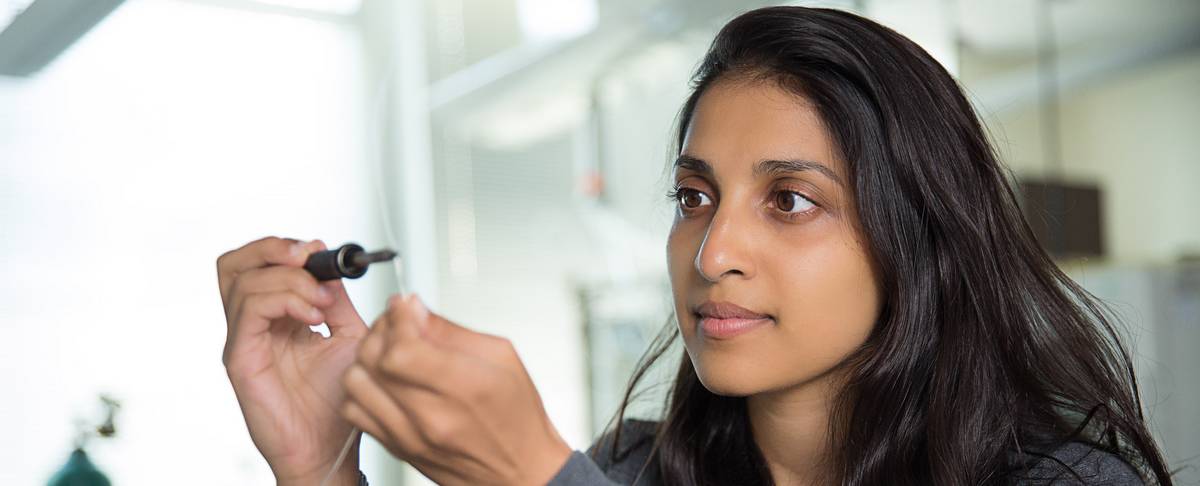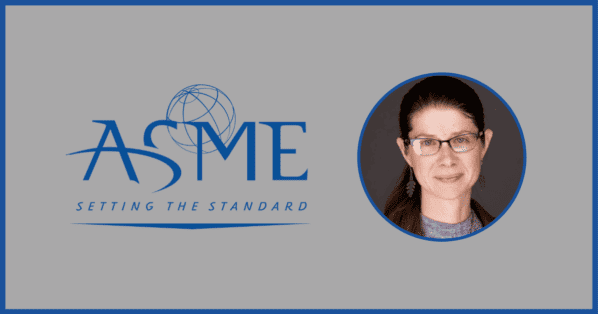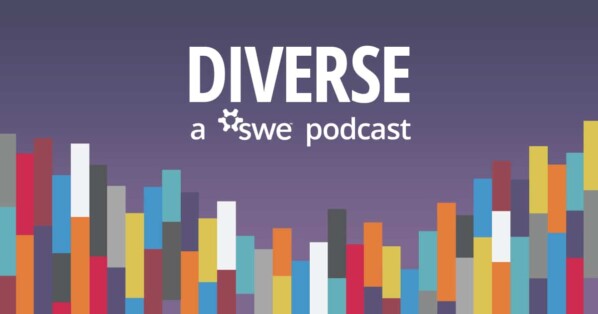By: Ritu Raman, AAAS L’Oréal USA For Women in Science postdoctoral fellow in the lab of Prof. Robert Langer at MIT.
A recent study published in PNAS revealed that women with access to successful women in their social networks are more likely to be placed into leadership positions and be successful themselves. This confirms what many people know intuitively – we rely on our support networks to navigate increasingly competitive professional landscapes. However, when we consider this in the context of STEM careers, we see an obvious downside: we are nowhere close to gender parity in STEM, especially in leadership positions. This scarcity means that creating strong networks of successful female leaders in STEM requires active effort – and that’s one of the main motivations for organizations like SWE!
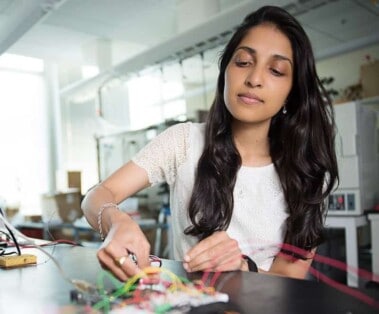 As a sixteen-year-old freshman at Cornell University pursuing a degree in mechanical engineering, I was easily intimidated and painfully shy. I had few female peers in my classes and couldn’t muster up the courage to attend office hours, let alone ask a question in lecture or attend a professional networking event. By my junior year, bolstered by a little academic success, I grew brave enough to attend and even volunteer at a few SWE events. However, as I watched the tight groups of female friends navigate these events, I couldn’t help feeling like I’d missed the boat to join in. (Note: I probably could have found a way in, but was still too shy to do so!). I was determined to be more proactive in cultivating a strong group of female peers in graduate school, where I knew women in my program would be even more scarce.
As a sixteen-year-old freshman at Cornell University pursuing a degree in mechanical engineering, I was easily intimidated and painfully shy. I had few female peers in my classes and couldn’t muster up the courage to attend office hours, let alone ask a question in lecture or attend a professional networking event. By my junior year, bolstered by a little academic success, I grew brave enough to attend and even volunteer at a few SWE events. However, as I watched the tight groups of female friends navigate these events, I couldn’t help feeling like I’d missed the boat to join in. (Note: I probably could have found a way in, but was still too shy to do so!). I was determined to be more proactive in cultivating a strong group of female peers in graduate school, where I knew women in my program would be even more scarce.
I started the mechanical engineering PhD program at the University of Illinois at Urbana-Champaign in 2012, and met a few women in other STEM degree programs thinking about starting a GradSWE group at the school. I jumped at the opportunity to help build the group from the ground up, and we met with tremendous success – hosting academic, professional, and social events for hundreds of women each year and kickstarting a conference, Women Empowered in STEM (weSTEM), that showcased the values of a graduate STEM degree.
Being named a SWE Outstanding Collegiate Member as a result of these efforts was one of the most rewarding recognitions I have received in my professional life. Throughout this experience, I made great friends, but equally as important – I formed long-lasting professional connections with a large number of women who have gone on to pursue a wide range of STEM careers after graduate school. I now have an active network of successful professionals who are also advocates. We nominate each other for awards, recommend each other for conference talks and leadership positions, and are always happy to pick up the phone and chat with another young woman who wants to learn from some of our experiences.
I became a postdoctoral fellow at MIT in 2017, and one of my primary missions for this phase of my career was to continue to cultivate social capital in the form of successful female peers and mentors. This continues to be the way I find out about many opportunities, including the L’Oréal USA For Women in Science fellowship that funds my work at MIT. My advice to fellow women in STEM: remember that social capital can be as valuable as financial capital when it comes to professional success. If you don’t have advocates, supporters, fans, and friends (both female and male), it will be hard climb the ladder of leadership. Spend effort in building your networks, and leverage organizations like SWE when you do so. The outcome will be both personally and professionally rewarding!
About the Author
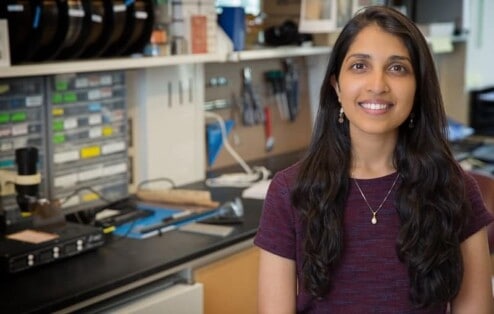 Ritu Raman is a AAAS L’Oréal USA For Women in Science postdoctoral fellow in the lab of Prof. Robert Langer at MIT. She is passionate about understanding and utilizing the dynamic adaptive nature of biological systems, and aims to establish a lab designing responsive biohybrid implantable devices that improve human health and quality of life. Ritu graduated magna cum laude with a degree in Mechanical Engineering from Cornell University in 2012, and earned her M.S. (2013) and Ph.D. (2016) as an NSF Graduate Fellow from the University of Illinois at Urbana-Champaign. She has received several awards for her commitment to scientific innovation, including being named to the Forbes 30 Under 30 list for Science, nominated as an Innovation and Technology Delegate to the International Achievement Summit, shortlisted for the Nature Research + Estée Lauder Inspiring Science Award, and awarded the Illinois Innovation $15k Prize. Ritu grew up in India, Kenya, and the United States, and learned to appreciate and thrive in diverse and dynamic environments. Her experiences have taught her that technical innovation drives positive social change, and this inspires her to democratize and diversify STEM education around the world. She is deeply invested in science communication, policy, and outreach, and has been recognized with several honors for her commitment to advancing underrepresented minorities in STEM, including receiving the highest collegiate honor from the Society of Women Engineers and being named the Cambridge Science Festival’s Curious Scientist of the Year.
Ritu Raman is a AAAS L’Oréal USA For Women in Science postdoctoral fellow in the lab of Prof. Robert Langer at MIT. She is passionate about understanding and utilizing the dynamic adaptive nature of biological systems, and aims to establish a lab designing responsive biohybrid implantable devices that improve human health and quality of life. Ritu graduated magna cum laude with a degree in Mechanical Engineering from Cornell University in 2012, and earned her M.S. (2013) and Ph.D. (2016) as an NSF Graduate Fellow from the University of Illinois at Urbana-Champaign. She has received several awards for her commitment to scientific innovation, including being named to the Forbes 30 Under 30 list for Science, nominated as an Innovation and Technology Delegate to the International Achievement Summit, shortlisted for the Nature Research + Estée Lauder Inspiring Science Award, and awarded the Illinois Innovation $15k Prize. Ritu grew up in India, Kenya, and the United States, and learned to appreciate and thrive in diverse and dynamic environments. Her experiences have taught her that technical innovation drives positive social change, and this inspires her to democratize and diversify STEM education around the world. She is deeply invested in science communication, policy, and outreach, and has been recognized with several honors for her commitment to advancing underrepresented minorities in STEM, including receiving the highest collegiate honor from the Society of Women Engineers and being named the Cambridge Science Festival’s Curious Scientist of the Year.
Website: RituRaman.com
Twitter: @DrRituRaman
Instagram @ritu.raman
Author
-

SWE Blog provides up-to-date information and news about the Society and how our members are making a difference every day. You’ll find stories about SWE members, engineering, technology, and other STEM-related topics.

